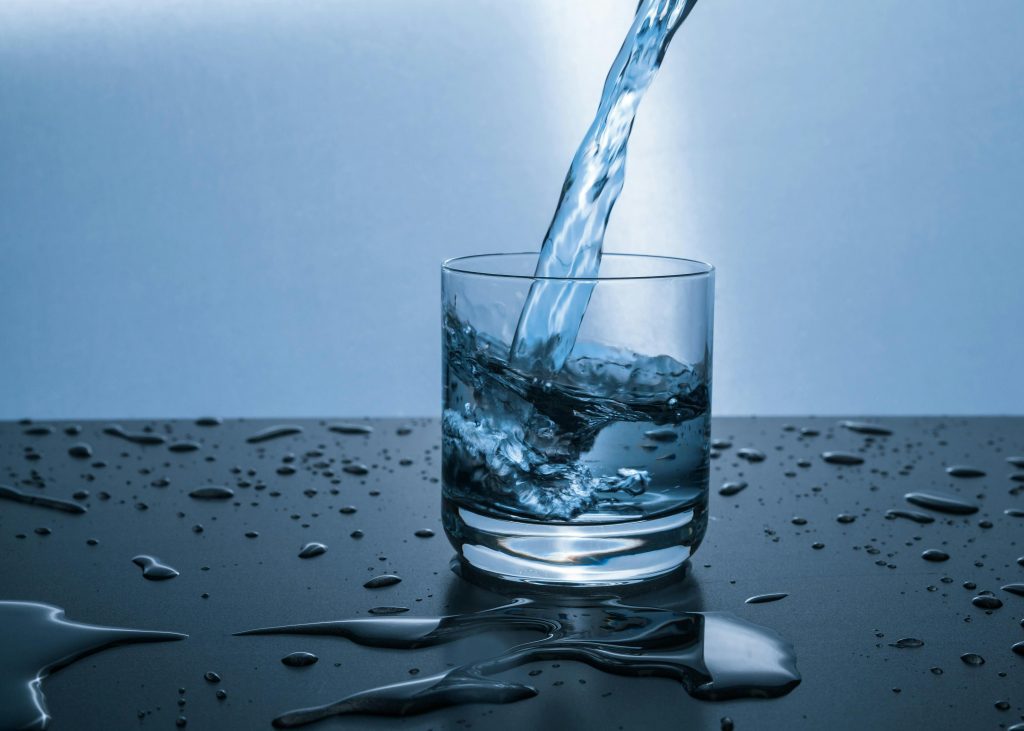Water is something most of us use every day without thinking twice. But for millions of people around the world, access to clean, safe water is a daily struggle.
World Water Day, observed every year on March 22, is a reminder of how important water is and why we need to protect it.
In this article, we’ll take a look at why World Water Day exists, the challenges the world faces with water, and—most importantly—what you can do to make a real impact.
What Is World Water Day?
World Water Day was established by the United Nations (UN) in 1993 to highlight global water issues.
Every year, there is a specific theme focused on a major water-related challenge.
Past themes have covered topics like:
- Water scarcity – how growing populations and climate change are making water access difficult.
- Sanitation and hygiene – the link between clean water and public health.
- Groundwater protection – why underground water sources need to be preserved.
The goal of World Water Day is simple: raise awareness and take action.
It’s a call to governments, businesses, and individuals to do their part in making water accessible and sustainable for future generations.
Why Water Matters More Than You Think
Water is life. It keeps us hydrated, grows our food, and powers industries.
But here’s the problem:
- 703 million people lack access to clean drinking water.
- More than 1.7 billion people live in water-stressed areas, meaning they don’t have enough water for daily needs.
- Water pollution is worsening, with chemicals, plastic waste, and untreated sewage contaminating rivers and lakes.
How World Water Day Helps
World Water Day isn’t just about talking—it’s about taking action. Governments, NGOs, and businesses use this day to launch new initiatives, such as:
- Investing in clean water projects – Many organizations fund wells and filtration systems in water-scarce regions.
- Improving laws and policies – Stricter regulations on pollution and water management can create lasting change.
- Educating the public – The more people understand the water crisis, the more likely they are to support solutions.
Success Stories
- Cape Town, South Africa: In 2018, the city faced a severe water crisis and nearly ran out of water. Strict conservation efforts helped prevent disaster, showing that collective action works.
- Namibia’s Water Recycling: Namibia was the first country to turn wastewater into drinking water, setting a global example for water reuse.
- India’s Rainwater Harvesting: Many villages in India have adopted traditional rainwater collection techniques, helping farmers survive droughts.
How You Can Help
You might think, “I’m just one person. What can I do?” The truth is, small actions add up.
Here’s how you can contribute:
1. Use Water Wisely:
- Turn off the tap while brushing your teeth or washing dishes.
- Fix leaks – A dripping faucet can waste thousands of liters of water per year.
- Choose efficient appliances – Look for low-flow showerheads and water-efficient washing machines.
2. Reduce Pollution:
- Avoid products with microplastics – they end up in oceans, rivers, and even our brains!
- Dispose of chemicals properly – never pour oil, paint, or medication down the drain.
- Pick up litter near water sources – plastic waste often ends up in our drinking water.
3. Support Water Initiatives:
- Donate to or volunteer with organizations like charity: water, Water.org, or UNICEF Water Programs.
- Advocate for better water policies in your community.
- Participate in local river cleanups or awareness campaigns.
Final Thoughts
Water is one of the most valuable yet overlooked resources on our planet. World Water Day is a chance to reflect on how we use water and how we can protect it for future generations.
By making simple changes in our daily lives, supporting clean water projects, and spreading awareness, we can ensure that everyone, everywhere has access to safe water.
So, what’s one thing you can start doing today to save water?
(If you found this article helpful, share it with others—it might inspire them to take action too!)
